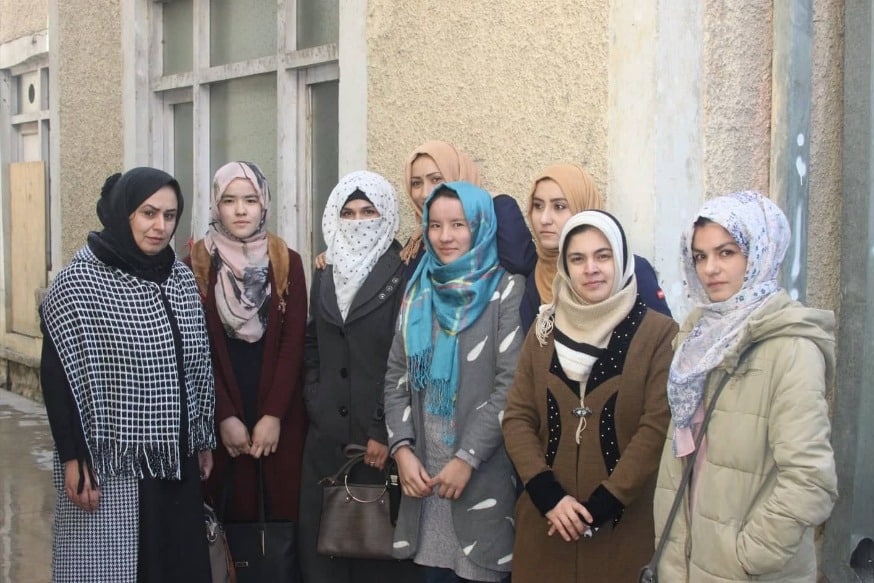Reshad Nazarzai is an Afghan-born Canadian citizen who is tackling a problem that many women in Afghanistan face: grinding poverty. “Women in Afghanistan have suffered a lot over the years,” says Nazarzai. “To be able to provide them some relief, especially to women who live through dire situations and circumstances, motivates me to work day and night and change their lives for better.”
Along with a core group of volunteer women, Nazarzai has launched the cab service project, a self-sustaining initiative that seeks to teach women how to drive and get their licenses and eventually employ thirty women drivers. “The women who have come forward to get involved are young and live in extreme poverty. They are prepared to work as hard as required of them to bring their families and themselves out of poverty.”
We asked Nazarzai more about the project and how we can help.
SDTC: What does getting a license mean for these women? How will it alter their lives?
RN: These women who have volunteered to be cab drivers had never imagined that such an opportunity would be offered to them. In their own words, it is a wild idea. Getting a driver’s license to them would be like someone offering me [a chance] to be a pilot.
Besides that, they feel that this opportunity will take away the financial burden that they are under. One of the volunteers, Hamida, mentioned that she always wanted to be a famous personality but she always felt less educated. She believed that illiteracy would be an obstacle. She feels that this opportunity will instantly make her famous. She will be the first-ever woman cab driver in Kabul. She feels honoured. For other volunteers, they are serving other women while they make a living for themselves. It is a matter of pride that they are role models for other women who are confined to their homes.
What is the biggest challenge you face in implementing this program?
This is a pilot project that we are implementing in Kabul. Of course, one of the biggest challenges that we have faced in implementing this project has been financial. Besides that, we lack resources to ensure proper training of cab drivers. Convincing families of the cab drivers have been challenging as well. They would not allow these women to come out and work. Security is another challenge for these women. To ensure smooth sailing for this project, we have been in touch with security agencies and community elders. We have asked for their cooperation to deter any security threat.
Why are you so passionate about this project in particular?
Since I have opened my NGO, I have been approached by women from underprivileged communities numerous times to help them financially, or they have asked me for a job as a cleaner or a cook. I do not have the financial means to hire everyone or support anyone financially. I thought of an idea that is sustainable, less costly and empowering.
What are the other benefits this project offers?
The project will break the barriers of the society that prevent these underprivileged women from having a meaningful life. There are people in this society who would rather have them indulge in illicit business or have them beg rather than earn income through legal means and hard work.
The project will provide an alternative and harassment-free commute on the local transport system for women and create employment opportunities for unskilled women who live in poverty. It will prepare these women for jobs that are traditionally associated to men in Afghanistan.
Want to help? Donate here.


 Follow Us On Instagram
Follow Us On Instagram

 EXCLUSIVE TICKET GIVEAWAY!
EXCLUSIVE TICKET GIVEAWAY! This Thursd
This Thursd @insideoutfestival jus
@insideoutfestival jus